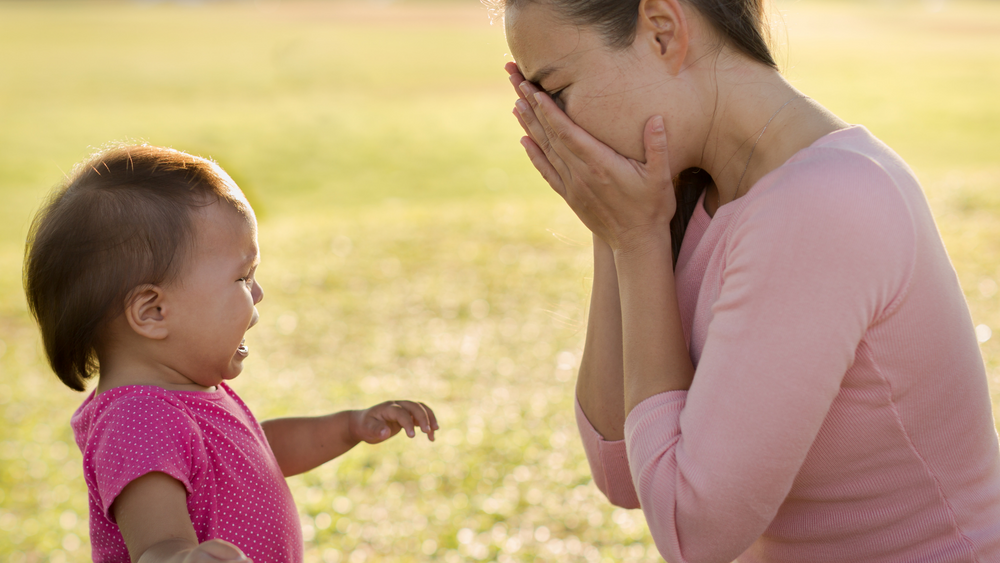
Mind-blowing facts about Mental Health
By shop Miracle in the Green Admin | | @mummysmiracle, Beauty and Health, energy, family health, fitness, forgiveness, green recipes, Healthy options, healthy recipes, kids health, Life, skincare, super foods, wellness
Mental is a big deal today because our awareness of its complexity has evolved through time. We make it a bigger deal than ever. Technology and access to such overwhelming info is a double-edged sword. And a catalyst.
People have suffered for the most part only situational induced mental health problems related to difficult life events, body image and coming of age. These things are very relatable and they are indeed talked about openly, not just today but for years now.
However major mental health problems like Psychosis, personality disorders, Severe Anorexia and Schizophrenia spectrum disorders are not relatable and rarely mentioned. No one wants to talk about what they don’t understand or have never experienced.
Here are some mind-blowing facts about mental health.
1. According to the World Health Organization (WHO), almost 450 million people in the world are affected by a mental disorder.
Personality Disorders aren’t as common as claimed.
One of the conditions I suffer from, borderline personality disorder, actually only occurs in 0.5–1.7% of the global/general population.. Which is why you’ll often see psychology sites round it up to 2% and they say “General” population.. Obviously in areas that are high stress and that have higher child abuse and neglect rates will more so increase its prevalence.. And I’d imagine poverty, as if you think about it, more violence happens in lower income areas as a result of having to fight to live (get money) and all the stress.. So obviously in some places of the world it can be higher. The highest I’ve seen it enlisted as is 5.6% and I’m presuming that’s in a very particular country or area of the world. But personality disorders are actually pretty advanced and ness both a genetic and environmental influence to activate and thus, it lessens the chance it will onset because it’s not solely genetic.
2. The most common mental illness in America are anxiety disorders. Generalized Anxiety Disorder (GAD)
GAD affects 6.8 million adults, or 3.1% of the U.S. population, yet only 43.2% are receiving treatment.
Women are twice as likely to be affected as men. GAD often co-occurs with major depression.
Panic Disorder (PD)
PD affects 6 million adults, or 2.7% of the U.S. population.
Women are twice as likely to be affected as men.
SAD affects 15 million adults, or 6.8% of the U.S. population.
SAD is equally common among men and women and typically begins around age 13. According to a 2007 ADAA survey, 36% of people with social anxiety disorder report experiencing symptoms for 10 or more years before seeking help.
Specific phobias affect 19 million adults, or 8.7% of the U.S. population.
Women are twice as likely to be affected as men.
Symptoms typically begin in childhood; the average age-of-onset is 7 years old.
Obsessive-compulsive disorder (OCD) and posttraumatic stress disorder (PTSD) are closely related to anxiety disorders, which some may experience at the same time, along with depression.
Everyone experiences stress and anxiety at one time or another. The difference between them is that stress is a response to a threat in a situation. Anxiety is a reaction to the stress. Read APA: Stress in America: A National Mental Health Crisis (Oct 2020)
3. Half of all suicide attempts are brought on by depression. Depression is the leading cause of disability worldwide.
When suffering from more tangible diseases, with clear physiological symptoms, it’s much easier to recognize something is wrong. However, that is not the case with mental disorders, so hopefully, our depression statistics will raise your awareness and help you help yourself, or your loved ones.
Did you know aggression and irritability are signs of depression? Or that backache can be an early indicator as well? Depression stats aren’t as easily predictable as one may assume. We all remember Robin Williams and his big smile. Or perhaps Chester Bennington, Andre Waters, and Anthony Bourdain.
What is something you can start doing today to improve your mental health overall?
Mental strength comes from inner self.
Meditate : Meditation exists since ages.You can start with guided short meditation.Pick a video from youtube for guided meditation for 5 minutes or little less.Practice for 1 week this way and let your mind unwind any thoughts coming to mind.
Improve your Sleep Cycle: Maintain a proper and regular sleep cycle to avoid anxiety issues which sooner or later impact your brain healthy cells as well as body. Having enough sleep is very important. It is also important to sleep during the times when it is the most beneficial. One should sleep for 7-8 hours a day on average. But going to sleep at 3 AM and waking up at 10 AM is not the same as going to sleep at 11 PM and waking up at 6 AM. Sleeping at night helps you be more focused, have a better mood and be more productive on the next day.
Eat nutritious food: Always feed your body with healthy fuel. Here at Miracle in the Green, we aim to spread wellness in people's lives through Moringa. Moringa is one of the most nutrient-dense plants you can come across. Its wide range of medicinal benefits and reliable growth have made it popular across several continents.The benefits of Moringa powder can help make a healthy impact on your day-to-day life by boosting your intake of antioxidants, vitamin A, vitamin C, vitamin B2, vitamin b3, iron, amino acids, calcium, and magnesium. Moringa is seen as the Miracle Plant because it yields such a high vitamin-rich content that no other plant or vegetable can produce in one serving. It can help improve more than just your diet. You can use Moringa for your hair, skin, boost your immune system, and so much more.
Exercise is the same. Exercise regularly, and don’t overdo it or underdo it. Exercise doesn’t need to be expensive or inconvenient, and something as simple as taking a walk around the block a few times a day can result in a major improvement in health. Again there’s a lot here that a specialist could tell you and they could tailor a plan to address your specific health needs as there are specific health benefits (both physical and mental) associated with specific types of exercise, but generally speaking just the act of getting up off the coach and getting outside for an hour of walking (or two half-hour walks, or four 15 minute walks - whatever works for your schedule) will make you a slightly healthier and happier person.
Drinking enough water is underestimated, but it can really do wonders to your mental, and physical health. Often we feel bad and depressed simply because of dehydration but we do not pay attention to it. Drinking water keeps our brain in better shape, it improves skin condition, makes us feel better and healthier. It also helps mental health.
Block time for breaks: You are no president so you can afford to get a break . Treat yourself with good food and good music. Remember this is important as you will incharge of your life and stay happier without losing focus. In studies it has been proven that breaks increase productivity. So 1 day every week should be dedicated to break. You can read a book or do the least important task, but remember you are on a break.Don’t get distracted with the breaks. Clear margins will help you understand the need to break and invoke new ideas/thoughts.
Practicing gratitude, which means being thankful for the good things in your life. It's helpful to do this every day, either by thinking about what you are grateful for or writing it down in a journal. These can be big things, such as the support you have from loved ones, or little things, such as enjoying a nice meal. It's important to allow yourself a moment to enjoy that you had a positive experience. Practicing gratitude can help you to see your life differently. For example, when you are stressed, you may not notice that there are also moments when you have some positive emotions. Gratitude can help you to recognize them.
Treat yourself with kindness and respect, and avoid self-criticism. Make time for your hobbies and favorite projects, or broaden your horizons. Do a daily crossword puzzle, plant a garden, take dance lessons, learn to play an instrument or become fluent in another language.
Value yourself.
Love + miracles,

